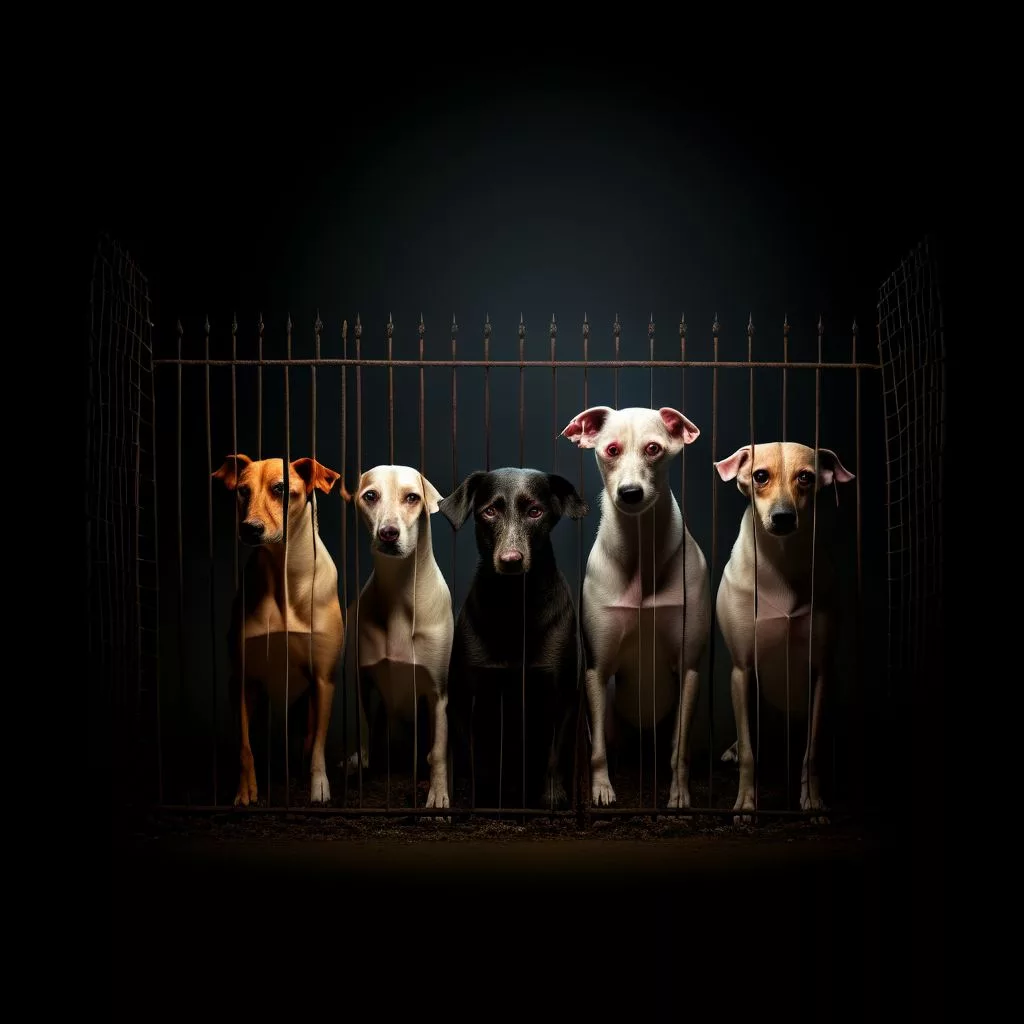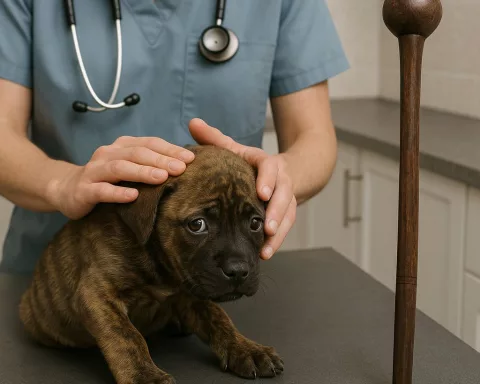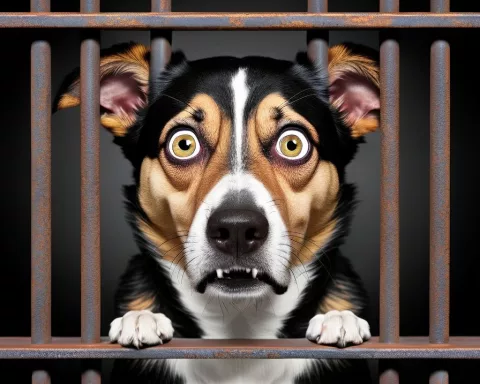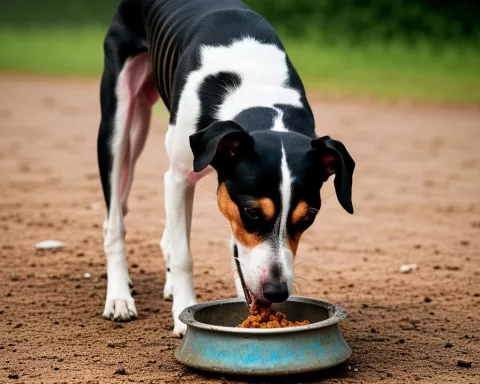The Cape of Good Hope SPCA in Cape Town fights hard to protect animals by rescuing those in danger, teaching people to care, and making sure laws are followed. In a recent case in Heideveld, they saved neglected dogs after warnings to the owner went ignored, showing how they balance kindness with the law. Their work is a powerful reminder that every animal deserves respect and that everyone in the community can help stop cruelty. With ongoing care and courage, the SPCA keeps hope alive for animals in Cape Town.
What is the role of the Cape of Good Hope SPCA in animal welfare in Cape Town?
The Cape of Good Hope SPCA advocates for animal welfare through education, rescue, and legal enforcement. They respond to abuse reports, provide care for neglected animals, and work with authorities to ensure offenders face consequences, promoting compassion and responsibility in Cape Town’s community.
A Legacy of Advocacy and Responsibility
As Cape Town awakens under a delicate sunrise, its daily rhythms intertwine the lives of people and animals alike. Among the city’s most steadfast defenders stands the Cape of Good Hope SPCA, an organization with roots stretching back to the fervor for animal rights that swept through Victorian society. For generations, their efforts have echoed the fundamental belief that every creature deserves respect and protection—a conviction that remains central to their mission today.
The origins of the Cape of Good Hope SPCA can be traced to the era when public sentiment shifted toward recognizing cruelty not just as a personal failing, but as a societal wrong that demanded action. Organizations like the Royal Society for the Prevention of Cruelty to Animals in England laid the groundwork for a legal and ethical approach to animal welfare—a tradition that found fertile ground in South Africa. This historical foundation continues to guide the SPCA, providing both inspiration and practical tools to address the challenges of modern animal protection.
Recent incidents in the city underscore the enduring necessity of the SPCA’s presence. Their ongoing commitment to safeguarding the voiceless has not only shaped Cape Town’s approach to animal welfare but has also reflected broader cultural shifts towards empathy, responsibility, and the rule of law. Each intervention serves as a reminder that the fight for humane treatment of animals is both timeless and urgently relevant.
Crisis in Heideveld: A Test of Will and Principle
Wandering through Cape Town’s diverse neighborhoods, one occasionally encounters troubling stories that demand attention. The suburb of Heideveld, known for its close-knit fabric and vibrant culture, recently became the scene of events that challenged both the resilience and conscience of those working in animal welfare. Behind the doors of an unassuming house, several dogs found themselves trapped in conditions that would soon shine a light on broader issues of neglect and accountability.
The chain of events began when a neighbor, moved by concern and a sense of duty, reached out to the Cape of Good Hope SPCA. The call centered on the home of David Jonathan Carelse, a 62-year-old resident whose dogs appeared to be suffering silently. Inspector Jeffery Mfini—a professional guided by empathy and dedication—responded personally to the report. Upon arrival, he discovered a troubling scene: the animals endured poor shelter, lacked consistent access to food, and had received little to no veterinary attention. Their suffering, while silent, spoke volumes.
Inspector Mfini chose a path of compassion and hope before resorting to enforcement. Reflecting the SPCA’s philosophy of combining education with regulation, he provided Mr. Carelse with clear instructions for improving the animals’ living conditions. Over the subsequent weeks, Mfini issued warnings and conducted several follow-up visits, each time hoping to witness genuine progress. Yet, despite these efforts, the situation failed to improve. The inspector later expressed his frustration and disappointment, recognizing that opportunities for positive change had been repeatedly ignored.
From Education to Enforcement: The Legal Reckoning
Animal welfare work often involves a delicate balance between empathy and the necessity of upholding the law. The foundations laid by the Victorian animal rights movement emphasized that compassion must go hand-in-hand with firm legal protections. Over time, South Africa has developed a robust legal framework that enables organizations like the SPCA to intervene decisively when the well-being of animals hangs in the balance.
After patience and educational efforts yielded no results in Heideveld, the SPCA had no choice but to act more forcefully. The inspectors, working alongside the South African Police Service, secured a warrant to enter Mr. Carelse’s property. In early December 2023, they arrived to carry out a rescue operation, bringing relief to the dogs whose plight had persisted for far too long. Removed from danger, the animals were finally given a chance at recovery and a better life.
The legal proceedings that followed represented more than just the conclusion of a single case. The court reviewed detailed evidence, including the repeated attempts to educate Carelse, his disregard for warnings, and the tangible suffering of the dogs involved. Mr. Carelse entered a guilty plea to the charges of animal cruelty. The court handed down a sentence: a fine of R2,000 or two months’ imprisonment—both suspended for three years—and a prohibition against owning or caring for animals during that period. While some may debate whether the punishment truly fit the crime, the outcome sent a clear message about the seriousness with which such offenses are now treated in South Africa.
Chief Inspector Jaco Pieterse responded to the verdict by reaffirming the SPCA’s mission. He stressed that the ruling signaled a growing recognition by the courts of the gravity of animal cruelty. “The courts are recognizing the seriousness of these crimes, and that sends a powerful warning to anyone who neglects or abuses an animal,” Pieterse stated. This acknowledgment reflects a broader societal transformation: where once animal suffering was overlooked, it now stands as a litmus test for community values.
The Broader Significance: Vigilance, Culture, and Ongoing Struggle
The Cape of Good Hope SPCA’s journey—rooted in a long tradition of advocacy—continues to shape Cape Town’s moral and social landscape. The inspectors, often working quietly behind the scenes, face not just overt cruelty but also the indifference and ignorance that allow suffering to persist. Their role recalls historic social reformers who insisted that dignity and compassion must reach even the most vulnerable members of a community.
The Heideveld case is not merely a story of legal consequence and punishment; it also illustrates the vital, yet sometimes limited, power of education. Inspector Mfini’s repeated efforts to inform and guide Mr. Carelse highlight a larger truth: knowledge does not always inspire change without the backing of strong legal enforcement. Many parallels exist between the struggle for animal welfare and broader human rights movements—both rely on the combination of education, advocacy, and credible deterrent.
Cape Town has witnessed many similar cases over the years, each emphasizing the pivotal role that ordinary citizens play in protecting animals. The SPCA continually encourages community members to report suspected abuse or neglect, fostering a spirit of shared responsibility. Their hotline, 021 700 4158, remains open as a crucial resource for those who wish to be the first line of defense for animals in distress. A single phone call can set in motion actions that save lives and challenge the cycle of suffering.
Art and literature have long reflected on the complex bond between humans and animals, framing it as a measure of our ethical maturity. The Romantic era, for instance, often portrayed animals as noble beings worthy of care and reverence. Modern scientific advances have only strengthened the case for empathy, revealing animals’ emotional depth and capacity for suffering. Cases like Heideveld highlight how far society has come—and how much work remains—as legal, cultural, and scientific understandings converge in the ongoing fight for justice.
The story of the dogs rescued in Heideveld, and the inspectors who refused to stand by, underscores the profound impact that determined individuals and organizations can have. This work, built on a legacy that stretches across time and continents, still requires daily effort and vigilance. With the commitment of organizations like the SPCA and the involvement of concerned citizens, Cape Town continues to move toward a future where kindness and justice prevail—for every living being.
The SPCA’s hotline remains a lifeline: 021 700 4158. The call to action endures—every act of vigilance matters, and together we can ensure that compassion continues to guide Cape Town’s path forward.
FAQ: Guardians of Compassion – Animal Welfare in Cape Town
What is the primary mission of the Cape of Good Hope SPCA in Cape Town?
The Cape of Good Hope SPCA is dedicated to protecting animals through rescue operations, education, and legal enforcement. Their mission involves responding to reports of abuse or neglect, providing care and shelter for affected animals, educating the public on responsible pet ownership, and working with law enforcement to hold offenders accountable. They strive to foster a community where every animal is treated with respect and compassion.
How does the SPCA balance education and legal enforcement in animal welfare cases?
The SPCA follows a philosophy that combines empathy with the rule of law. Initially, they seek to educate animal owners about proper care by offering guidance and warnings, as seen in the Heideveld case where inspectors provided the owner with several chances to improve conditions. When these efforts fail and animals remain at risk, the SPCA collaborates with authorities to enforce laws, including conducting rescues and supporting prosecutions to ensure animal welfare standards are upheld.
What was the outcome of the Heideveld animal neglect case?
In Heideveld, after repeated attempts to educate the owner, David Jonathan Carelse, failed to improve the welfare of his neglected dogs, the Cape of Good Hope SPCA, together with the South African Police Service, executed a rescue operation removing the animals from harmful conditions. Carelse pleaded guilty to animal cruelty charges. The court imposed a fine or a suspended prison sentence, along with a prohibition on owning animals for three years. This case reinforced the seriousness of animal cruelty offenses in South African courts.
How can community members get involved or report animal abuse in Cape Town?
Community involvement is crucial to the success of animal welfare efforts. Residents are encouraged to report suspected animal abuse or neglect promptly by calling the Cape of Good Hope SPCA’s hotline at 021 700 4158. By remaining vigilant and reporting concerns, individuals become vital partners in protecting animals and ensuring that cruelty does not go unnoticed or unchallenged.
What historical influences shape the Cape of Good Hope SPCA’s approach to animal welfare?
The SPCA’s work is rooted in a long tradition inspired by the Victorian-era animal rights movement, which recognized cruelty as a societal issue requiring legal and ethical action. Influenced by organizations like the Royal Society for the Prevention of Cruelty to Animals in England, the SPCA’s strategies emphasize a blend of education, advocacy, and enforcement. This legacy continues to guide their efforts in addressing modern-day welfare challenges with compassion and firmness.
Why is the fight against animal cruelty still important in Cape Town today?
Despite progress, animal cruelty and neglect persist due to ignorance, indifference, and sometimes deliberate mistreatment. The ongoing work of the Cape of Good Hope SPCA highlights that ensuring humane treatment of animals remains a pressing social issue. Protecting animals reflects broader community values of empathy, responsibility, and justice. Additionally, scientific research has deepened understanding of animals’ emotional lives, underscoring the ethical imperative to prevent suffering. Every act of vigilance and care contributes to a kinder Cape Town for all living beings.












